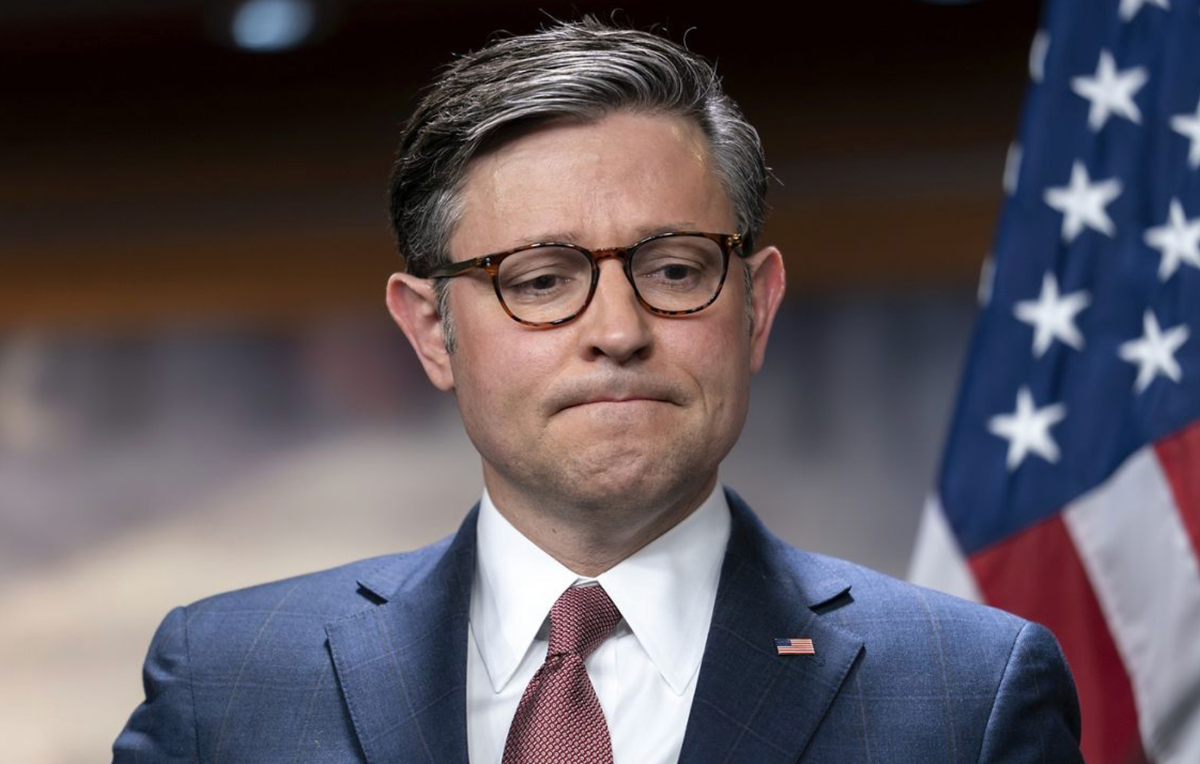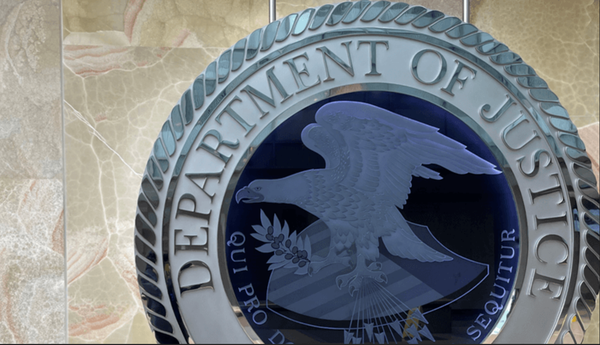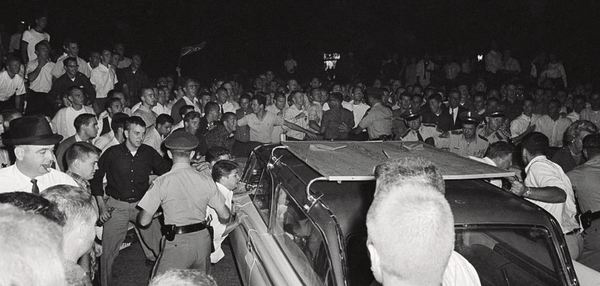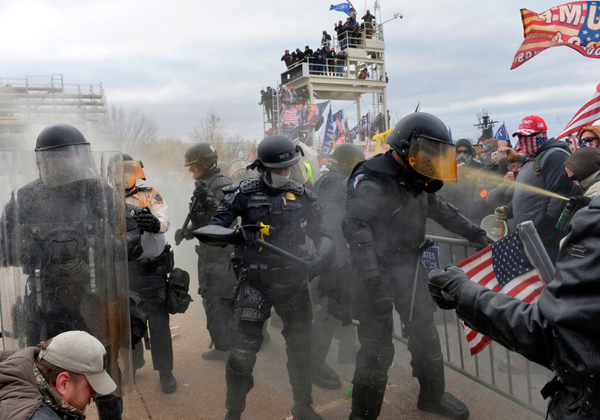Least. Speaker. Ever.

When it comes to American politicians who say little and do less, the gold standard remains former President Calvin Coolidge.
As most people know, Coolidge was quiet, deeply reserved, and generally unsmiling. His nickname, after all, was "Silent Cal."
In one popular story, a woman at a party told Coolidge that she had bet her friend that she could get Coolidge to say three words and Coolidge calmly looked up and said: “You lose.” (It’s a funny story, but Coolidge denied that it had ever happened.)
His reputation for saying little was well deserved and, as he explained, intentional. When a friend asked him why he often stayed silent during interviews with visitors, Coolidge explained that he just wanted to be done with the conversation. “Many times I say only ‘yes’ or ‘no’ to people. But even that is too much. It winds them up for twenty minutes more.”
As a result, the jokes about Coolidge’s reserved nature were commonplace. In 1933, when Dorothy Parker was told that Coolidge had just died, she simply looked up and asked: "How can they tell?"
While Coolidge was a man of few words, he was also a man of deep convictions.
Like many of his era, Calvin Coolidge believed that the chief index of a man's worth was his income. "Brains are wealth," he declared, "and wealth is the chief end of man." In essence, Coolidge elevated business to the level of a religion. "The man who builds a factory builds a temple," the president said famously. "The man who works there worships there."
Calvin Coolidge favored business not simply because he was caught up with profit-making but also because he thought business could maintain a condition of prosperity that would help him fulfill his main goal, the preservation of harmony. Coolidge truly believed that the leading business tycoons of the country would be its best leaders. As an early biographer put it, Coolidge had a sincere, if misguided, faith "that 'the rich' are indeed 'the wise and the good.'"
Under these circumstances, Coolidge believed that a president's only function was to see that the government interfered with industry as little as possible.
According to a White House usher who'd served presidents for forty-two years, Calvin Coolidge worked fewer hours and assumed fewer tasks than anyone he'd ever served under. On his busiest days, he worked for less then four hours, and even then, he was often found asleep with his feet propped up on his desk. When Will Rogers asked Coolidge how he kept fit in a job that had seriously broken the health of Woodrow Wilson and killed Warren G. Harding, Coolidge replied in all seriousness, "By avoiding the big problems."
But the assessment from Irving Stone has been ringing in my head lately: "Calvin Coolidge believed the least government was the best government; he aspired to become the least president the country had ever had; he attained that desire."
That's a pretty apt description of Speaker of the House Mike Johnson (R-LA), who has set out to become the least Speaker the country has ever had and, by God, has already attained that desire.
Much like Calvin Coolidge, who found himself propelled into the presidency when Warren Harding suddenly died, Mike Johnson too is an accidental leader. He was a back bencher who only got his position thanks to the (political) death of his predecessor Kevin McCarthy, a comically inept bumbler who now looks like an elder statesman by comparison.
And much like Calvin Coolidge, who believed leadership meant deferring as much as possible to other people, Mike Johnson has likewise happily abdicated any sense of responsibility for his constitutional role in order to let President Trump take the lead in every possible way.
On his watch, Congress has neutered itself completely, in ways that would have shocked and, honestly, embarrassed congressional leaders of earlier generations. Much of Trump's early excesses – from the imposition of tariffs to the assault on immigrants – were enabled entirely by the cowardice of a Congress that refused to stand up for America and, even sadder, refused to stand up for themselves.
Completely sidelined by their cult leader, the House of Representatives under Mike Johnson's leadership has done virtually nothing this term. Their one real accomplishment was following Trump's orders and even adopting his idiotic branding in pushing through the Big Beautiful Bill [sic] this summer.
The only other major initiative Johnson pursued as Speaker was to lead a rear-guard effort to prevent the Epstein Files from being released, a doomed campaign that involved him shutting down the House entirely for nearly two months. He failed to prevent the discharge petition from going through and then had to watch as every Republican but one abandoned the effort and voted to release the files. (Even Johnson voted for it, while insisting he was very disappointed. Of course.)
Johnson has been so committed to doing nothing that it's led him to pretend that he knows nothing, nothing at all. Over the past few months, Johnson has repeatedly insisted he knows nothing about the major news events of the day, refusing to comment on matters that absolutely deserve comment from the purported leader of the people's house. It's hysterical, yes, but also quite pathetic.
Mike Johnson wanted to become the least Speaker the nation ever had. He has attained his desire.



